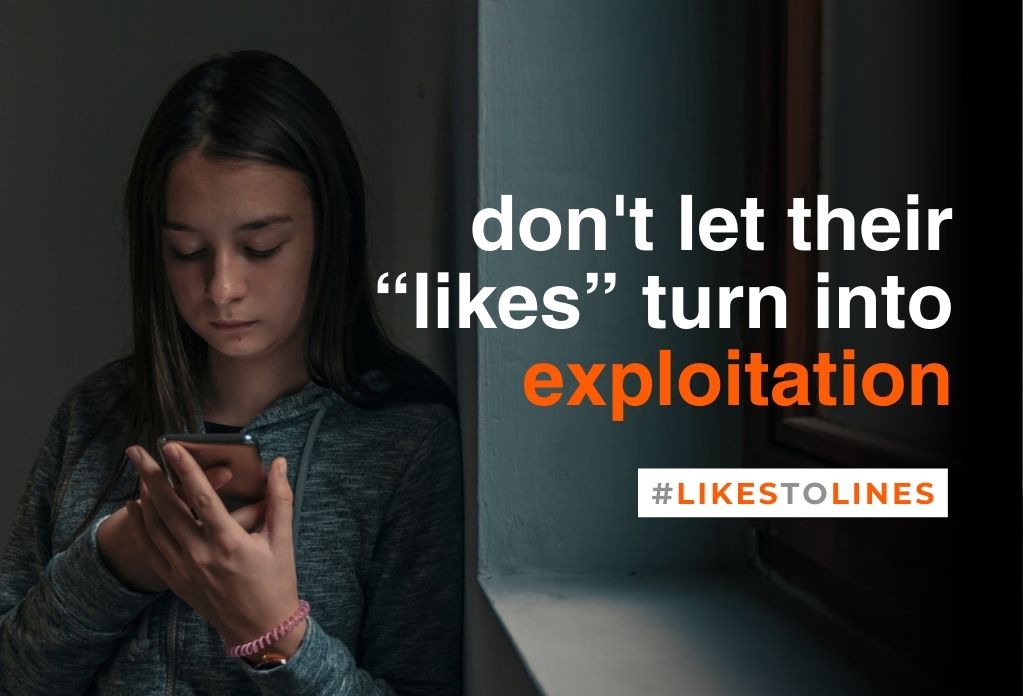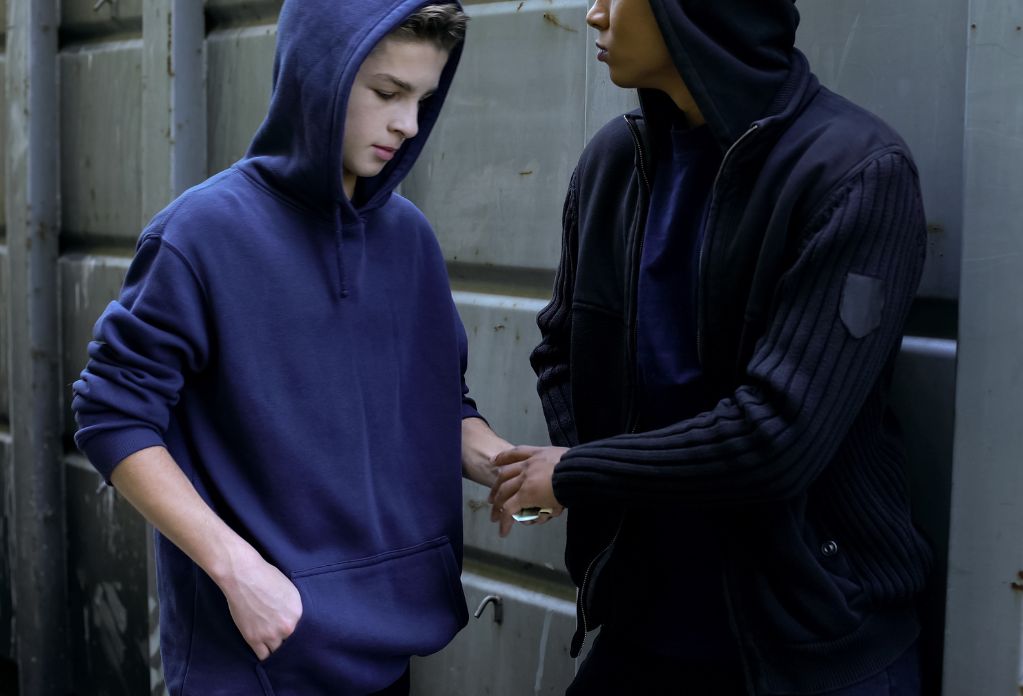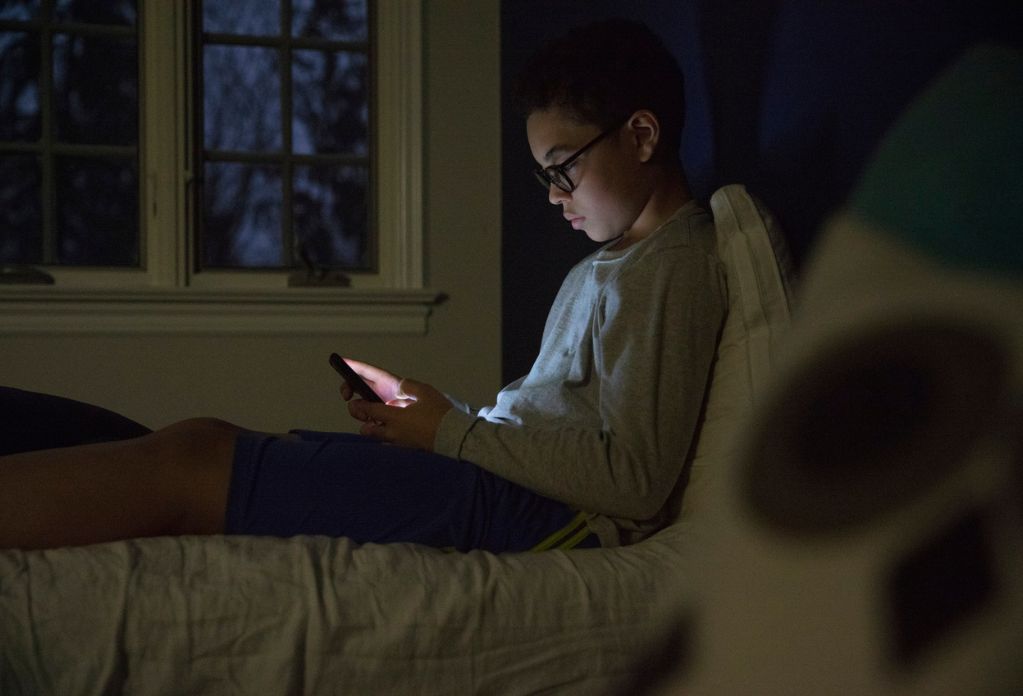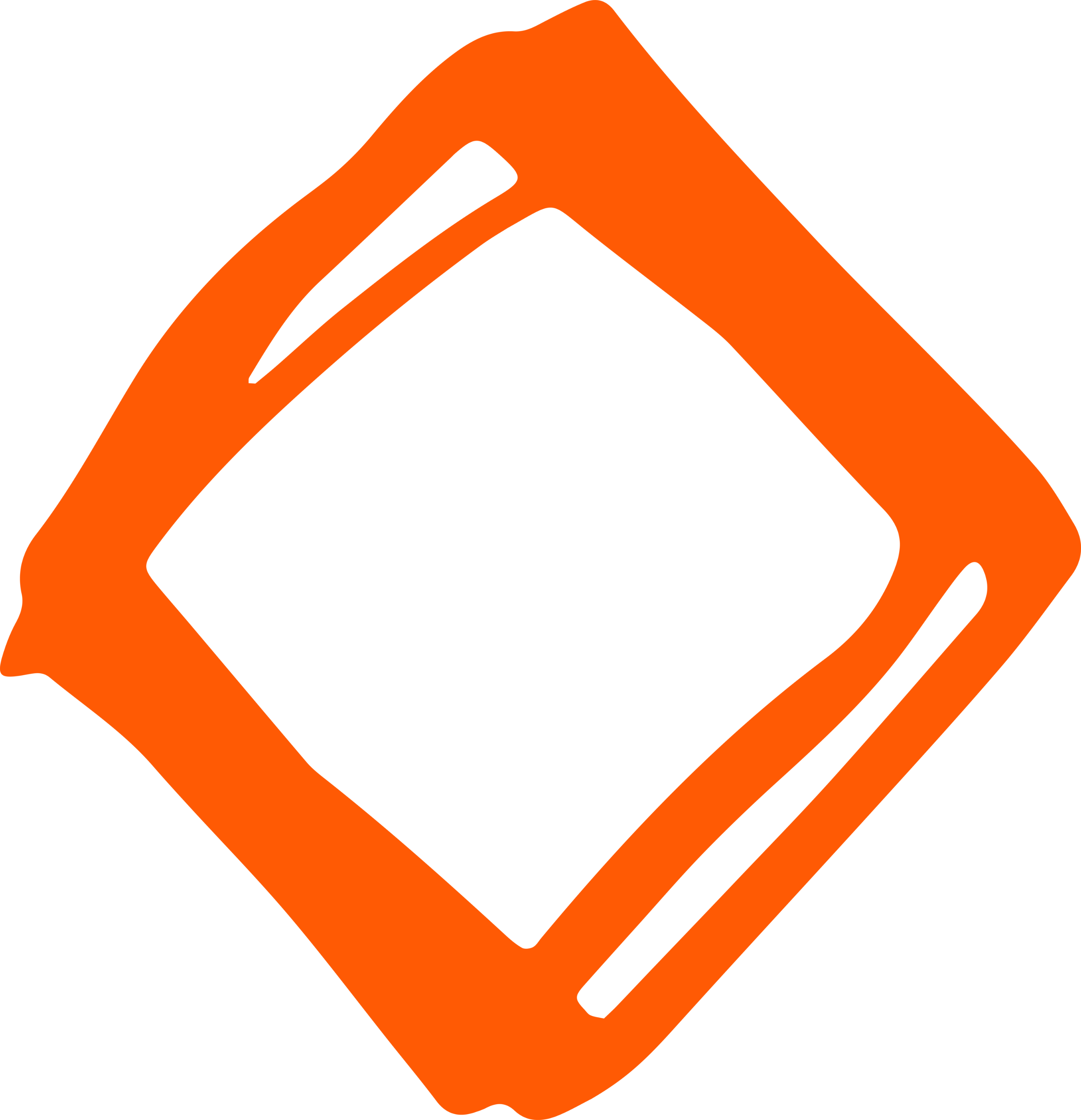
At least 27,000 children, with as many as 4,000 in London alone, are believed to be trapped in county lines across the UK (1). This epidemic of child criminal exploitation is being fuelled by gangs who use social media to target, groom, coerce, and track the movements of vulnerable children online as young as 11.
The reality is stark. Between 2017 and 2022, online grooming crimes surged by 82%, with 73% involving platforms like Snapchat, Facebook, Instagram, and WhatsApp (2).
Many of these children end up exploited by county lines gangs, facing devastating consequences, including psychological trauma, physical abuse, and potential separation from loved ones.
While parents and professionals working with children are uniquely positioned to identify and safeguard children at risk, our research reveals that a third (32%) of UK adults do not know what county lines is. Some have never even heard of the term. Have you?
Don’t let their likes turn into a life of exploitation. Our #LikesToLines campaign equips parents, carers, and anyone who works with children with the knowledge to protect them.
Our campaign equips you to:
- Understand how social media fuels county lines child exploitation.
- Identify tactics used by gangs to recruit and control young people.
- Spot warning signs in your child.
- Take actionable steps to keep your child safe, with an option to download your own free guide delivered to your inbox. This guide includes detailed information about county lines and where to go for help.

What is county lines?
County lines describes the method used by criminal gangs. They exploit mobile phone lines to organise the movement and sale of illegal drugs across the UK, from one village, town, or city to another.
Children are often targeted – both online and offline – and forced to move and sell these drugs, putting them at significant risk.
How children become vulnerable
While any child can be targeted, certain factors increase the risk, including:
- Growing up in challenging circumstances.
- Having learning difficulties, feeling isolated, or being excluded from school.
- Children in care or lacking strong family connections.
Online platforms offer fertile ground for county lines exploitation due to:
- Fake online personas: Gang members gain trust by pretending to be someone else. Anonymity within these platforms makes it harder to identify and track them.
- Unmoderated spaces: Private messages allow for manipulation and control.
- Targeted ads: Platforms personalise ads, appealing to the desires of vulnerable youth.

From fake “friends” to forced crime: How gangs groom children
What seems like a harmless message from a new online friend can quickly spiral into a complex and harmful situation. County lines gangs are experts at manipulating and grooming children.
Once your child is trapped, the psychological trauma can last a lifetime. Therefore, it’s crucial to be aware of their tactics.
Gangs employ various tactics to achieve this:
- Befriending and offering virtual gifts: Showering children with attention and gifts, preying on insecurities and loneliness, to gain trust and create a false sense of connection and belonging.
- Promising in-game advantages: Exploiting a child’s desire for status by offering rare items or in-game currency in exchange for tasks.
- Normalising gang culture: Reports show that gang members glamorise their lifestyle via music videos on YouTube, Instagram, and Snapchat, presenting a distorted reality of wealth, excitement, and belonging.
- “Loverboy” method: Posing as online love interests to build trust and manipulate victims, often isolating them from loved ones.
- “Remote mothering”: Using social media apps like Find My Friends or spyware to track victims’ movements, ensuring compliance and preventing escape. In some cases, victims have been forced to live-stream their every move 24/7.
With children spending more time online, this problem is likely to grow.
In 2023, the Government saw a record-breaking 17,004 potential modern slavery referrals, with more than 4 out of 10 referrals (44%;7,432) concerning child exploitation, including County lines (3).

County lines grooming - Rebecca's story
Rebecca was almost lost to county lines. Groomed by an older man online, she was introduced to his “friends” – a local drug gang that forced her into drug transportation and delivery.
For over two years, the man controlled every aspect of her life, from her finances and movements to her daily meals. Her phone remained under constant surveillance, isolating her from any outside help. She endured physical and sexual abuse, along with constant threats against her and her family.
Manipulative tactics led her to believe her family had abandoned her, resulting in Rebecca’s separation from her family for over a year.
But with support from her mother, who called our free, 24/7 Modern Slavery & Exploitation Helpline, Rebecca found the strength to escape and rebuild her life.
Rebecca’s story is a stark reminder of the dangers lurking online and the devastating impact of county lines exploitation. By raising awareness and equipping ourselves with knowledge, we can create a safer online environment for our children and prevent similar tragedies from occurring.

Parents and professionals – watch out for these warning signs
- Secrecy: Hiding online activity, using private browsing, or being unwilling to share details about online interactions.
- Changes in online habits: Significant changes in time spent online, preferred platforms, or using unfamiliar apps or websites.
- Unexplained gifts: Receiving new possessions or money from unknown contacts.
- Inappropriate behaviour: Using sexual language or engaging in sexual behaviour that seems unusual for their age.
- Emotional changes: Withdrawing from loved ones, experiencing mood swings, anxiety, or depression.
- New relationships: Having an older boyfriend/girlfriend or sudden, secretive friendships.
- Unexplained absences: Spending more time away from home or going missing for periods of time.

Five ways to protect your child against county lines online exploitation
You are your child’s strongest defence. Yet our latest research shows that 1/3 of UK adults would not recognise county lines if they saw it. Here’s what you can do to protect the children in your life.
- Stay informed: Download our free guide for parents, carers and teachers, and visit ParentWise for more resources on county lines and where to go for help and advice. This includes information about our free, confidential and 24/7 UK Modern Slavery & Exploitation Helpline.
- Set boundaries: Use parental controls to block harmful online access.
- Talk openly: Build trust and create a safe space for your child to discuss concerns, including online activity, without judgement. In doing so, they are less likely to seek help from unsuitable sources or behave in ways that increase their risk of online exploitation.
- Empower your students to stay safe: Are you an educator working with children aged 10 and upwards? Learn more about Spotlight, our awareness raising programme. We deliver in-person and online courses, designed to help young people protect themselves against sexual exploitation and forced criminality. For more info, contact [email protected]
- Use your voice: Share this page using the hashtag #LikesToLines and join us in raising awareness and protecting children from county lines exploitation.
Together, we can create a safer online environment for children and prevent them from falling victim to county lines exploitation.
*Name changed to protect identity. Image posed by model.
Sources:
- Oral evidence provided by the Children’s Commissioner for England to Parliament
- https://www.nspcc.org.uk/about-us/news-opinion/2023/2023-08-14-82-rise-in-online-grooming-crimes-against-children-in-the-last-5-years/
- National Referral Mechanism and Duty to Notify statistics UK, end of year summary 2023


